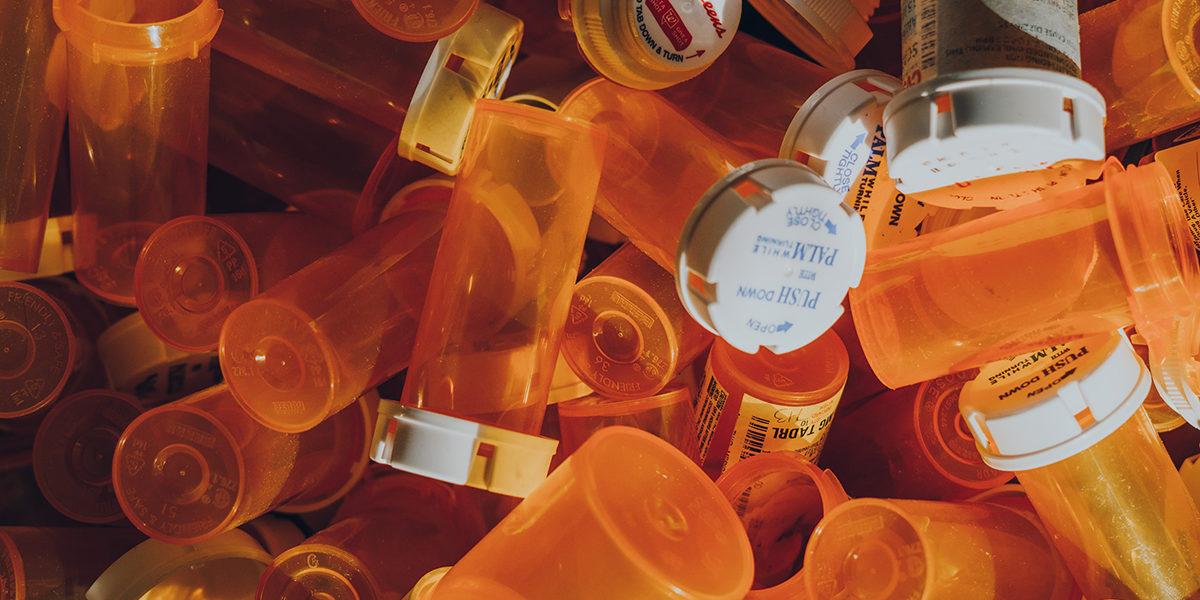Opiates and opioids are drugs and medications used, primarily, in the treatment of pain. There are many types of opiates and opioids, from pharmaceuticals to recreational drugs. They include oxycodone, morphine, fentanyl, heroin, and others.
All individuals taking opiates or opioids, both prescription and nonprescription, are at risk for overdose and for becoming addicted. This is why rehab for opioid and opiate use is so often a life-saving resource for individuals caught up in the disease of addiction.
What Causes Overdose?
Causes of opioid overdose include substance use disorder (i.e. drug addiction), unintentional overdose, intentional overdose, and therapeutic drug error. If you or a loved one are engaged in using opiates, either recreationally or as-prescribed, it is important for you to know and recognize the signs and symptoms of opioid overdose as well as what to do should such a situation occur.
Individuals suffering from opioid overdose may exhibit a variety of symptoms. If you believe a loved one or acquaintance has overdosed, it is incredibly important that they receive medical attention as soon as possible. Overdose from opiates and opioids like oxycodone, heroin and fentanyl can be deadly for addicts and non-addicts alike.
Signs and Symptoms
People overdosing on opiates and opioids often appear tired, and their breathing and nervous system response may be depressed. Other symptoms of overdose to look out for include anxiety, nausea and vomiting, dilated pupils, and itchy and flushed skin due to a histamine response to the drugs.
If you observe these symptoms in someone you believe is at risk for opioid overdose, it is important that you seek medical help immediately. This is especially true if the individual has a history of addiction or opiate overuse.
What to Do If You Witness an Opioid Overdose
Opioid overdose is incredibly dangerous and can be deadly. In the event that you witness someone overdosing, it is important that you are knowledgeable and prepared and act quickly.
Naloxone is a drug that reverses opioid overdose, oftentimes saving the life of the overdosed individual when administered in time. It is sold as a nasal spray under the brand name Narcan. Narcan easy to administer, in most cases, obtainable from a pharmacy with or without a doctor’s prescription.
Outside Help is Available
If you are struggling with heroin use or believe you may be addicted to prescription opioids like oxycodone, morphine, fentanyl, or codeine, there is outside help available. Quitting opioids can be incredibly difficult, and rehab is an often necessary resource for individuals seeking to overcome their opiate addiction. Contact us today to discuss your options for inpatient rehab, outpatient rehab, and other recovery resources.
If you searched for “drug rehab in New Hampshire,” you’re in the right place. If you or someone you love is struggling with alcohol or drug addiction, contact us today for a free, confidential assessment at our New Hampshire drug rehab. New Hampshire Partial Hospitalization Program (PHP), New Hampshire Intensive Outpatient Program (IOP), Sober Living in New Hampshire, and Aftercare are available. Don’t wait.



